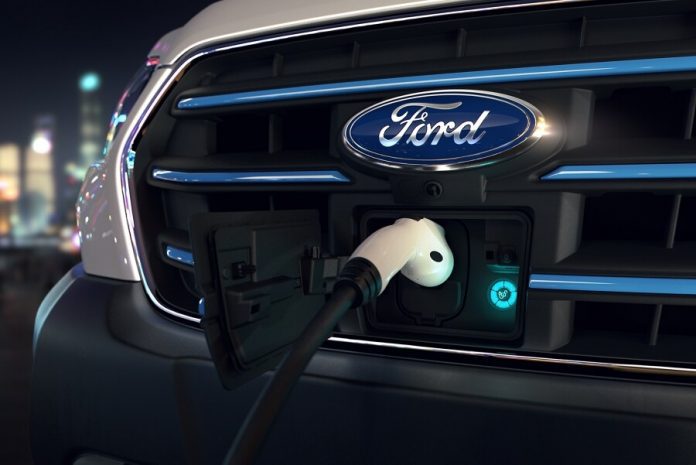On April 4, Ford Motor announced that it had postponed the release of its next-generation electric pickup truck and its three-row EV vehicles in Canada due to the global slowdown in EV demand, which forced manufacturers to readjust their production schedules.
To scale its profitable EV business, Ford is increasing its number of hybrid electric vehicles and plans to offer hybrid powertrains for all its gas-powered cars by 2030. Additionally, Ford aims to bring suitable gas, hybrid, and fully electric cars to market at the right time.
Moreover, the automaker has delayed the introduction of its upcoming large EV SUV to 2027 from 2025 at its Oakville, Ontario, assembly complex. This is due to allowing the consumer market for three-row EVs to develop further, enabling Ford to take advantage of emerging battery technology.
Ford has delayed the delivery of a new electric truck, which it plans to build in a new facility in western Tennessee. The automaker initially planned to start production in late 2025, with a goal of manufacturing up to 500,000 electric trucks annually. In an effort to ensure quality, Ford has postponed customer deliveries of the new vehicle until 2026 and will gradually ramp up production. Per its CFO John Lawler’s announcement last year, the company has also delayed a portion of its multi-billion dollar investment in additional electric vehicle and battery production capacity.
The U.S. Environmental Protection Agency has recently relaxed its original recommendation about EV standards, initially set to begin in 2027, and increased incentives for plug-in hybrid cars. During the contract negotiations with Canada’s Unifor union in 2020, Ford committed to investing $1.8 billion and retooling the Ontario facility to produce EVs. The Oakville assembly plant renovation has been scheduled to begin on June 30.




